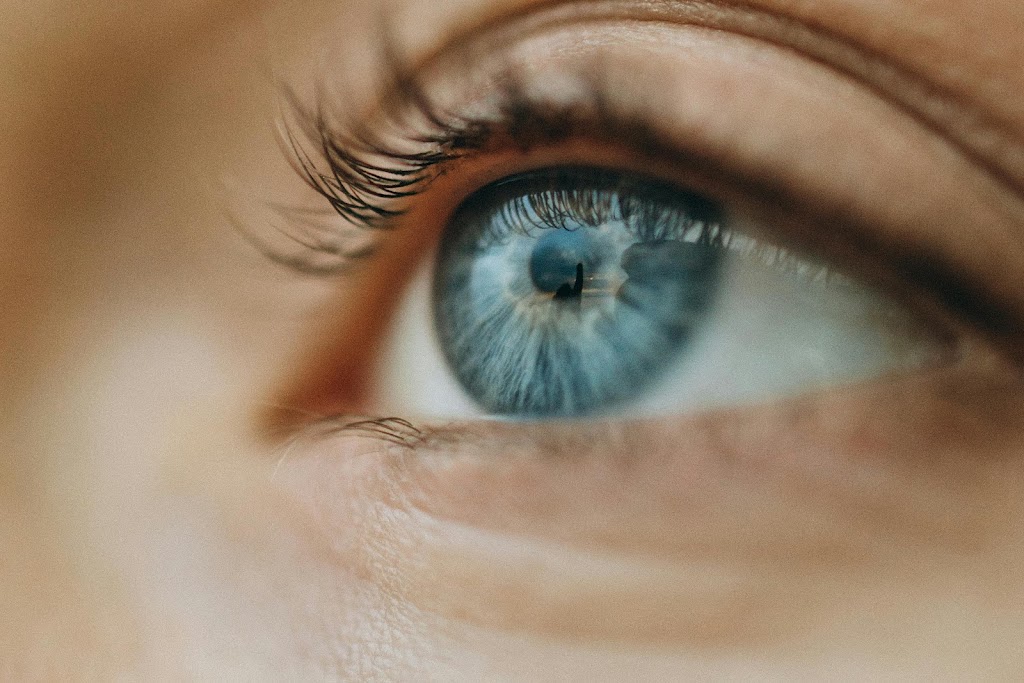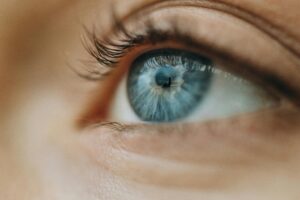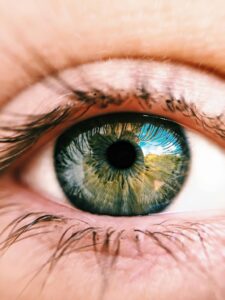Achieving and maintaining good eyesight is crucial for daily activities, work, and overall quality of life. While wearing spectacles or contact lenses is common, there are proactive steps you can take to promote healthy eyesight and potentially reduce reliance on corrective lenses.
Understanding Eyesight: Maintaining Vision Health
Eyesight is one of our most vital senses, enabling us to perceive and interpret the world around us. However, many factors can affect vision, making it essential to understand how to maintain eye health and recognize early signs of potential issues. This blog explores the importance of eyesight, common vision problems, and tips for preserving healthy vision.
The Importance of Eyesight
Eyesight plays a critical role in our daily lives, impacting how we perform tasks, navigate our environment, and interact with others. Good vision is essential for:
– Reading and Learning: Clear eyesight is necessary for reading and absorbing information, both in educational settings and everyday life.
– Safety: Good vision helps us avoid accidents and injuries by allowing us to see obstacles and hazards.
– Quality of Life: Vision affects our ability to enjoy activities like watching TV, playing sports, and appreciating nature.
Common Vision Problems
Several common vision problems can affect people of all ages. Understanding these issues can help in early detection and treatment.
1. Refractive Errors: These occur when the shape of the eye prevents light from focusing correctly on the retina. Common types include:
– Myopia (Nearsightedness): Difficulty seeing distant objects clearly.
– Hyperopia (Farsightedness): Difficulty seeing close objects clearly.
– Astigmatism: Blurred vision due to an irregularly shaped cornea or lens.
– Presbyopia: Age-related difficulty in seeing close objects, typically occurring after age 40.
2. Cataracts: A clouding of the eye’s lens, leading to decreased vision. Cataracts are common in older adults but can be treated with surgery.
3. Glaucoma: A group of eye conditions that damage the optic nerve, often due to high eye pressure. Early detection is crucial as it can lead to blindness if untreated.
4. Macular Degeneration: An age-related condition that affects the macula, the part of the retina responsible for sharp central vision. It can lead to loss of central vision.
5. Diabetic Retinopathy: Damage to the blood vessels in the retina caused by diabetes, leading to vision impairment and blindness if not managed.
Maintaining Healthy Vision
Taking proactive steps can help maintain good eyesight and prevent vision problems.
1. Regular Eye Exams: Routine eye exams are essential for detecting vision problems early. Adults should have an eye exam every two years, and annually if they have risk factors like diabetes or a family history of eye disease.
2. Healthy Diet: A diet rich in fruits, vegetables, and omega-3 fatty acids supports eye health. Foods like carrots, spinach, kale, and fish are particularly beneficial due to their high content of vitamins A, C, and E, and antioxidants.
3. Protective Eyewear: Wearing sunglasses that block UV rays protects the eyes from harmful sun exposure. Safety goggles are also crucial when working with hazardous materials or engaging in activities that could injure the eyes.
4. Manage Chronic Conditions: Conditions like diabetes and hypertension can affect eyesight. Managing these conditions through medication, diet, and lifestyle changes can help protect vision.
5. Reduce Screen Time: Prolonged screen time can cause eye strain and discomfort. Follow the 20-20-20 rule: every 20 minutes, look at something 20 feet away for at least 20 seconds to reduce eye strain.
6. Quit Smoking: Smoking increases the risk of cataracts, macular degeneration, and other eye conditions. Quitting smoking benefits overall health, including eye health.
7. Stay Hydrated: Adequate hydration helps maintain moisture in the eyes, preventing dryness and irritation.
Recognizing Signs of Vision Problems
Early detection of vision problems is crucial for effective treatment. Be aware of the following signs:
Here’s a practical guide to nurturing your vision and aiming for a life without spectacles:
1. Eat a Balanced Diet
– **Benefits:** A diet rich in vitamins and minerals supports eye health. Foods like carrots (rich in beta-carotene), leafy greens (containing lutein and zeaxanthin), and fish (high in omega-3 fatty acids) are particularly beneficial.
– **Action:** Incorporate these foods into your meals regularly to nourish your eyes from within.
2. Regular Eye Exercises
– **Benefits:** Eye exercises can help improve focusing ability, reduce eye strain, and enhance blood circulation to the eyes.
– **Action:** Practice simple exercises like focusing on a distant object, rolling your eyes clockwise and counterclockwise, and blinking regularly to keep your eyes moist.
3. Ensure Proper Lighting
– **Benefits:** Good lighting reduces eye strain and prevents fatigue. Properly lit work and living spaces are essential for maintaining healthy eyesight.
– **Action:** Use task lighting when reading or working on close-up tasks, and avoid excessive glare from screens and lights.
4. Follow the 20-20-20 Rule
– **Benefits:** This rule helps prevent digital eye strain caused by prolonged screen use.
– **Action:** Every 20 minutes, look at something 20 feet away for at least 20 seconds to give your eyes a break and reduce strain.
5. Protect Your Eyes from UV Rays
– **Benefits:** UV rays can damage your eyes and increase the risk of cataracts and macular degeneration.
– **Action:** Wear sunglasses that block 100% of UV rays whenever you are outdoors, even on cloudy days.
6. Get Adequate Sleep
– **Benefits:** Quality sleep allows your eyes to rest and regenerate, reducing eye fatigue and dryness.
– **Action:** Aim for 7-9 hours of sleep per night and practice good sleep hygiene for optimal eye health.
7. Maintain Proper Hygiene
– **Benefits:** Keeping your eyes clean reduces the risk of infections and irritation.
– **Action:** Wash your hands before touching your eyes, avoid rubbing your eyes excessively, and replace contact lenses as recommended.
8. Visit Your Eye Doctor Regularly
– **Benefits:** Regular eye exams can detect vision problems and eye diseases early, when they are most treatable.
– **Action:** Schedule comprehensive eye exams with an optometrist or ophthalmologist every 1-2 years, or as recommended based on your age and risk factors.
9. Consider Laser Eye Surgery
– **Benefits:** For those seeking a permanent solution to vision correction, laser eye surgery (such as LASIK) can often reduce or eliminate the need for glasses or contacts.
– **Action:** Consult with an eye specialist to determine if you are a candidate for laser eye surgery and to discuss the potential benefits and risks.
Maintaining healthy eyesight is achievable through a combination of good habits, regular eye care, and healthy lifestyle choices. By incorporating these tips into your daily routine, you can support your vision and possibly reduce your dependence on spectacles or contact lenses. Remember, proactive eye care is key to enjoying clear, comfortable vision throughout your life.




